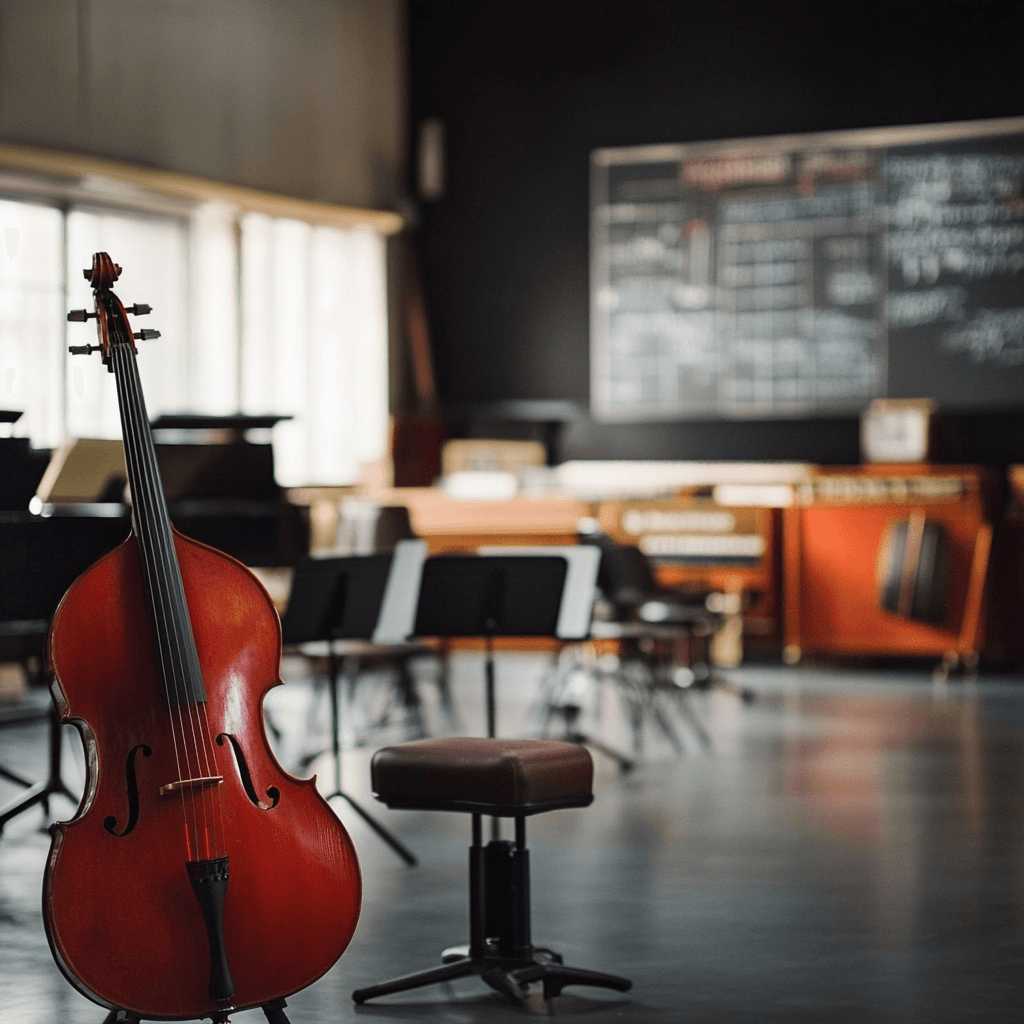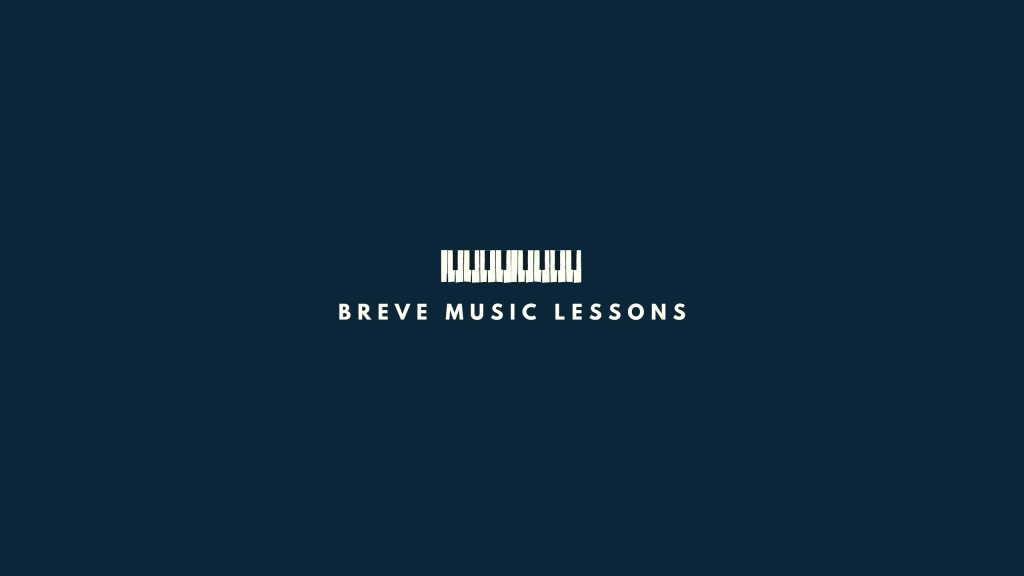Table of Contents
Is Music School Worth It? Exploring the Benefits of a Degree in Music
As the world of music continues to evolve, many aspiring musicians find themselves at a crossroads: should they attend music school or pursue music independently? This question is particularly relevant for those who are passionate about music and are considering a career in the music industry. In this article, we will explore the benefits of obtaining a music degree, the various music programs available, and the potential for success in the music field without formal education.

What Are the Benefits of Going to Music School?
Understanding the Value of a Music Degree
One of the primary benefits of attending music school is the value of a music degree. A degree in music not only provides you with a solid foundation in music theory and history but also equips you with the skills necessary to excel in various aspects of the music industry. By majoring in music, you gain a comprehensive understanding of music production, performance, and education, which can be invaluable when pursuing music as a career. Furthermore, a music degree can enhance your credibility as a musician, making you more attractive to potential employers and collaborators.
How Music School Prepares You for a Career in Music
Music school offers a structured environment where you can learn music in a focused manner. Through rigorous training and coursework, you will develop essential skills such as reading music, playing music, and understanding music theory. Additionally, music education programs often include hands-on experiences, allowing you to apply your knowledge in real-world settings. This practical training is crucial for those who want to teach or perform professionally. By attending music school, you are not just learning music; you are preparing yourself for a successful career in the music industry.
Networking Opportunities in Music College
Another significant advantage of attending a music college is the networking opportunities it provides. Music schools often attract talented individuals who share your passion for music, creating an environment ripe for collaboration and connection. By attending music classes and participating in group projects, you will meet fellow musicians, educators, and industry professionals who can help you advance your career. These connections can lead to valuable opportunities, such as internships, gigs, and collaborations, which are essential for building a successful music career.
What Types of Music Programs Are Available?
Different Music Majors and Their Focus Areas
When considering music school, it’s essential to understand the various music programs available. Many institutions offer specialized music majors that focus on different aspects of music. For instance, you might choose to major in music performance, where you will hone your skills as a performer, or you could pursue a degree in music education if you want to teach music in schools. Other options include music business, music production, and music therapy, each providing unique insights and skills relevant to the music industry.
Comparing Music Education and Performance Programs
Choosing between music education and performance programs can be challenging. Music education programs typically focus on teaching methodologies, music history, and pedagogy, preparing you to become a music teacher. In contrast, performance programs emphasize the development of your technical skills and artistry as a musician. If you love music and want to share that passion with others, a music education program may be the right fit. However, if your goal is to become a professional musician, a performance program may better suit your aspirations.
Choosing Between a Music Degree and a Liberal Arts Education
As you consider your options, you may wonder whether to pursue a music degree or a liberal arts education. While a liberal arts education provides a broad understanding of various subjects, a music degree offers specialized training in music theory, performance, and history. If you are interested in pursuing music as a career, a music degree may provide you with the focused knowledge and skills necessary to succeed in the competitive music industry. However, if you prefer a more well-rounded education, a liberal arts program may allow you to explore other interests while still engaging with music.
Can You Have a Successful Music Career Without a Degree?
Exploring Alternative Paths in the Music Industry
While a music degree can be beneficial, it is essential to recognize that many successful musicians have built their careers without formal education. The music industry is diverse, and there are numerous alternative paths to success. For instance, self-taught musicians can develop their skills through online resources, private lessons, and practice. Additionally, many musicians gain experience by performing at local venues, participating in competitions, or collaborating with other artists. These alternative routes can lead to fulfilling careers in music without the need for a degree.
Success Stories of Professional Musicians Without Formal Education
There are countless success stories of professional musicians who have thrived without a formal music education. Artists like Ed Sheeran and Jimi Hendrix are prime examples of individuals who pursued music passionately and achieved remarkable success despite lacking a degree in music. Their stories highlight the importance of dedication, creativity, and perseverance in the music industry. While a music degree can provide valuable training, it is not the only path to becoming a successful musician.
Skills You Can Learn Outside of Music School
Many essential skills for a music career can be learned outside of music school. For instance, musicians can develop their songwriting abilities, music production techniques, and marketing strategies through self-study and practical experience. Additionally, participating in community music programs, attending workshops, and collaborating with other musicians can provide valuable learning opportunities. By actively engaging with the music community, you can gain practical knowledge and skills that will serve you well in your music career.
How to Choose the Right Music School for You?
Factors to Consider When Selecting a Music College
Choosing the right music school is a crucial step in your journey to pursue music. When selecting a music college, consider factors such as the school’s reputation, faculty expertise, and available programs. Researching the curriculum and understanding the focus areas of each program can help you determine which institution aligns best with your goals. Additionally, consider the location, size, and culture of the school, as these factors can significantly impact your overall experience.
Researching Music Programs and Faculty
Before you attend music school, it’s essential to research the music programs and faculty at potential institutions. Look for programs that offer courses in your area of interest, whether it be music performance, music education, or music production. Investigate the qualifications and experience of the faculty members, as their expertise can greatly influence your education. Engaging with current students and alumni can also provide valuable insights into the quality of the programs and the overall environment of the school.
Visiting Music Schools: What to Look For
Visiting music schools can be an enlightening experience as you consider your options. During your visit, pay attention to the facilities, such as practice rooms, performance spaces, and recording studios. Observe the atmosphere of the school and the interactions between students and faculty. Additionally, take the opportunity to attend a music class or performance to get a sense of the curriculum and the quality of instruction. These visits can help you make an informed decision about which music school is the best fit for your aspirations.
What Should You Expect When You Study Music in College?
Typical Curriculum for a Music Major
When you choose to study music in college, you can expect a diverse curriculum that encompasses various aspects of music. Typical courses for a music major include music theory, music history, and performance classes. You will also have the opportunity to take specialized courses in areas such as music production, composition, and music education. This well-rounded curriculum will provide you with a comprehensive understanding of music and prepare you for a successful career in the music industry.
Balancing Theory and Practical Skills in Music Education
One of the unique aspects of studying music in college is the balance between theory and practical skills. While understanding music theory is essential for any musician, practical skills such as playing music and performing are equally important. Music programs often emphasize hands-on experiences, allowing students to apply theoretical knowledge in real-world settings. This balance ensures that you develop both the intellectual and practical skills necessary for a successful career in music.
Extracurricular Opportunities for Music Students
In addition to the formal curriculum, music students often have access to various extracurricular opportunities that can enhance their education. Many music schools offer ensembles, clubs, and performance opportunities that allow students to collaborate with their peers and gain valuable experience. Participating in these activities can help you build a strong network within the music community and provide you with practical experience that complements your academic studies. These extracurricular opportunities are essential for developing your skills and preparing for a successful career in music.
Recap: Is Music School Worth It?
You may still be wondering whether going to music school is worth it for you. As most things in life, the answer is, it depends. You may enjoy music school and do well, but it isn’t a requirement for being successful in the music industry. Take some time to think about what aspects of the music industry you truly care about.
Is performing your favorite part about being a musician, or could you see yourself enjoying educating students? Answers to questions like those will help you decide whether you need to go study music or if you’ll be able to find other ways to express yourself musically.
Additional Reading
More blog posts can be found here. Consider following Breve Music Lessons on Facebook.
